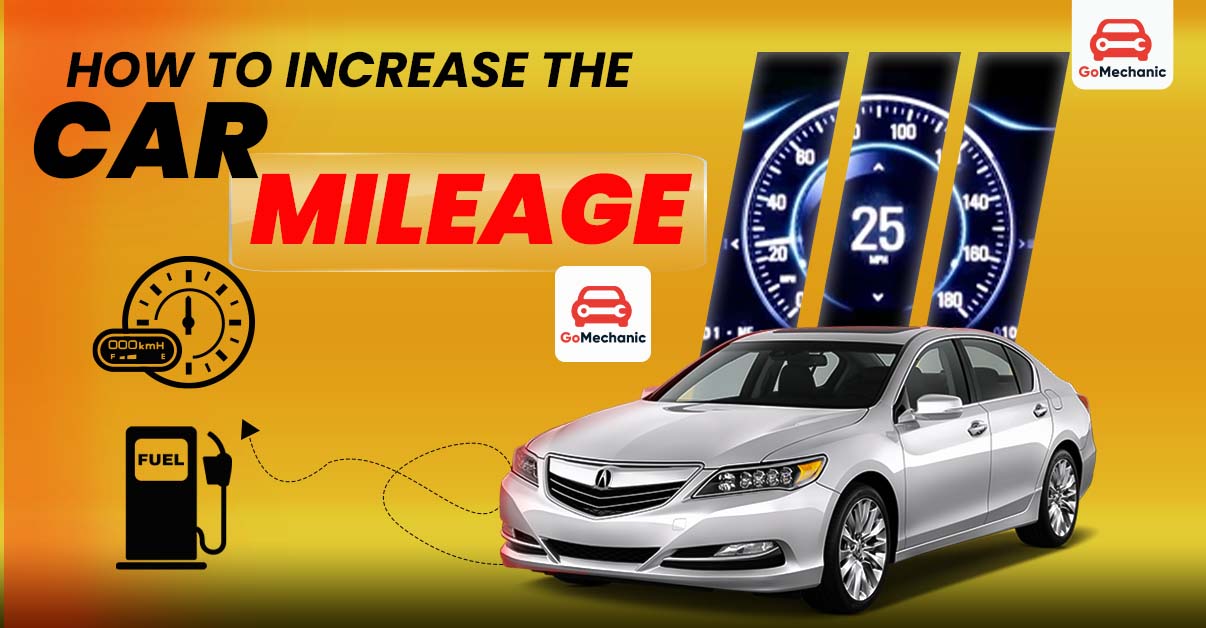Is bad fuel mileage draining your wallet at the fuel pump? Your head spins every time you see the fuel gauge run. No worries, you are not alone.
In India, good fuel efficiency is a basic need. With petrol prices nearing ₹100/litre, knowing how to increase the car mileage will save you money and improve your driving experience.
This blog will turn out to be your perfect guidebook. It goes beyond the basics, providing original insights and actionable tips tailored to your needs. Whether you drive a petrol, diesel, or automatic car, this guide carries everything you need to maximise fuel efficiency.
Why Improving Mileage Matters?
- Save Money: Better mileage directly cuts fuel expenses. For a car driven 1,000 km/month with a 10% mileage improvement, you save ₹8,000 annually.
- Extend Car Life: Efficient driving reduces engine strain and prolongs the lifespan of components like spark plugs, tyres, and filters.
1. Maintain Your Car for Optimal Performance
Regular maintenance saved you money by ensuring your car operates efficiently. Here’s what to focus on:
- Engine Health: Schedule timely oil changes, replace air filters, and check spark plugs. Choked filters decrease mileage by up to 10%.
- Tyre Pressure: Keep tyres inflated to manual-directed levels. Under-inflated tyres consume more fuel.
Related: Expert Guide to Car Tyre Air Pressure
- Wheel Alignment: Misaligned wheels cause uneven wear and lower mileage. Check alignment after monsoons or rough terrain.
Real Example: Rahul from Pune improved his car’s mileage by 15% after replacing his clogged air filter and correcting tyre pressure—simple fixes with huge impact.
2. Master Smart Driving Techniques
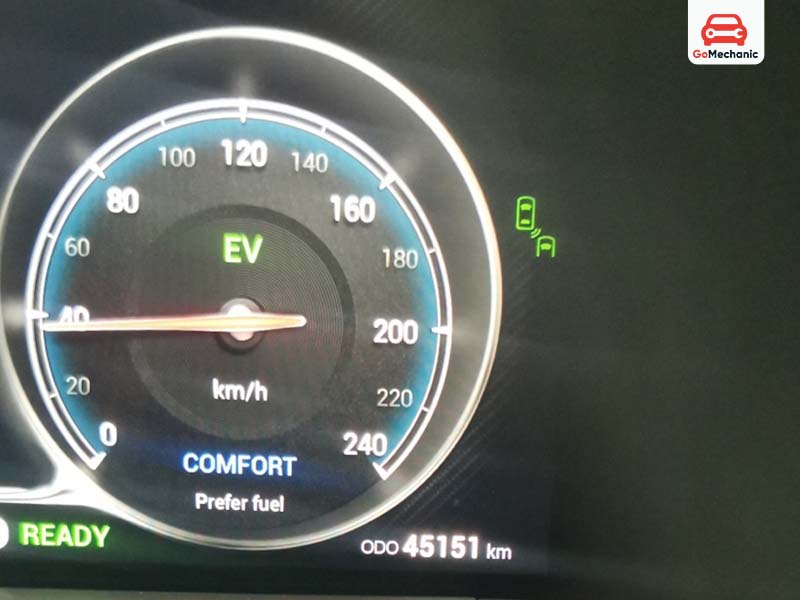
Your driving style has the biggest impact on fuel efficiency. Here’s how to drive smarter:
- Maintain a Steady Speed: Sudden acceleration and hard braking waste fuel. Instead, aim for consistent speeds. For petrol cars, try an average of 50–70 km/hr, and for diesel cars, 50–60 km/hr.
- Roll to Stops: Look out for red lights and let your car slow down and roll instead of accelerating and braking immediately.
- Avoid Idling: Idling for more than 45 seconds wastes fuel. Modern engines do not need idling. Turn off the car if you’re waiting at signals or parked.
3. Use Air Conditioning Wisely
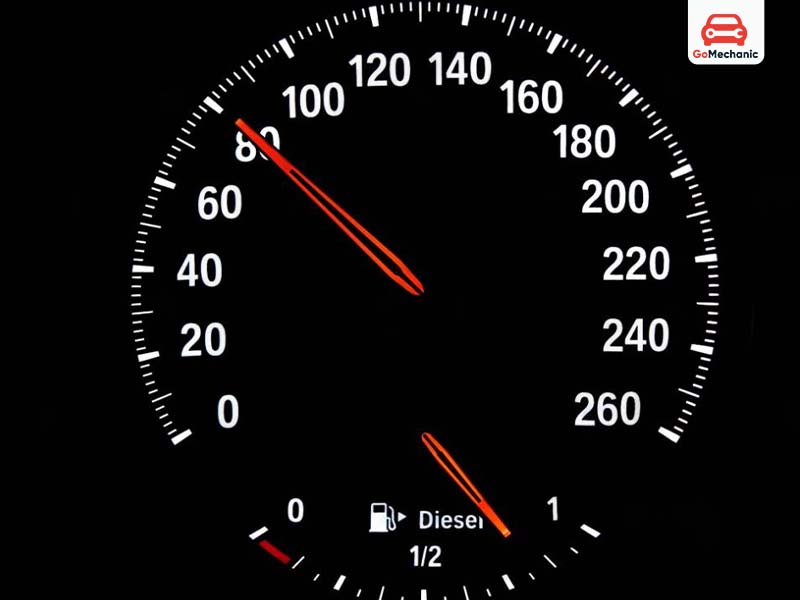
In India’s hot climate, using AC can be unavoidable, but here’s how to minimise its impact:
- Low Speeds: Roll down windows below 50 km/hr instead of using AC.
- High Speeds: Keep windows closed at speeds above 80 km/hr and use AC to reduce drag.
- Parking Tip: Use reflective sunshades to keep the car cool when parked. This reduces AC load when you start driving.
Quick Tip: Set the AC to a moderate temperature instead of max cooling. It is easier on the engine and saves fuel.
4. Plan Your Trips
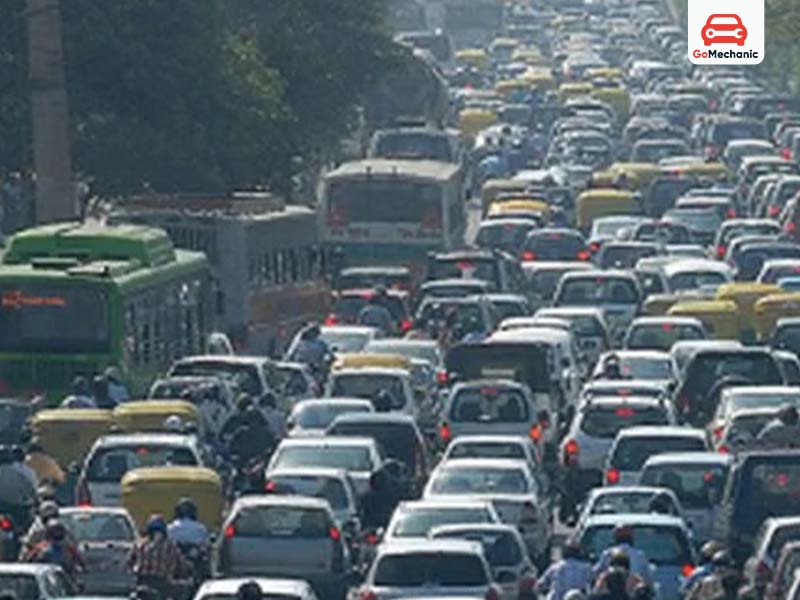
Thoughtful planning can help avoid unnecessary fuel consumption:
- Avoid Peak Traffic: Use Google Maps to find out the best routes. Driving during non-peak hours will save time and fuel.
- Combine Errands: Instead of multiple short trips, combine errands into one trip to reduce engine starts.
- Opt for Shorter Routes: Even if slightly longer, a smooth route with fewer stops can save fuel compared to traffic-heavy shortcuts.
5. Manage Vehicle Weight
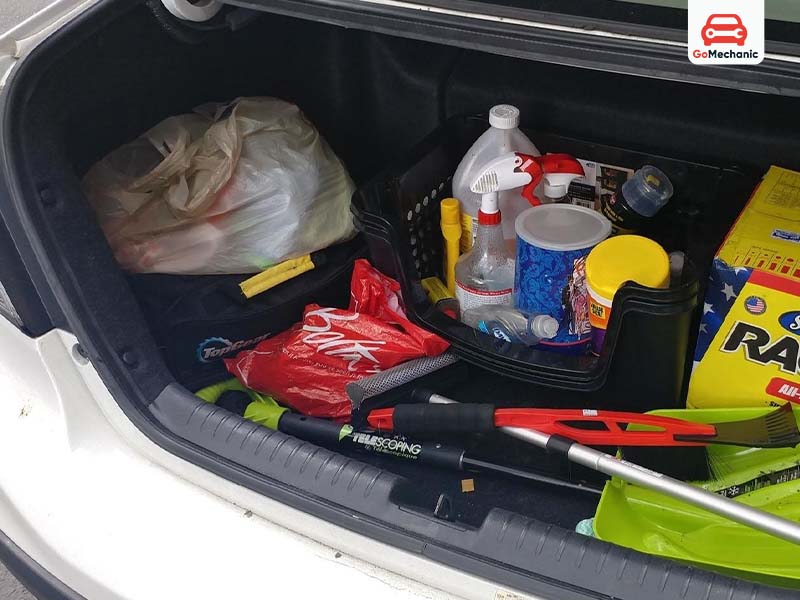
Every extra kilogram in your car impacts fuel efficiency. Here’s how to lighten your load:
- Remove Clutter: Keep only essentials like a spare tyre, jack, and emergency kit. Unnecessary items in the trunk or backseat waste fuel.
- Bonus Tip: Reducing weight by 50 kg can improve mileage by up to 2%.
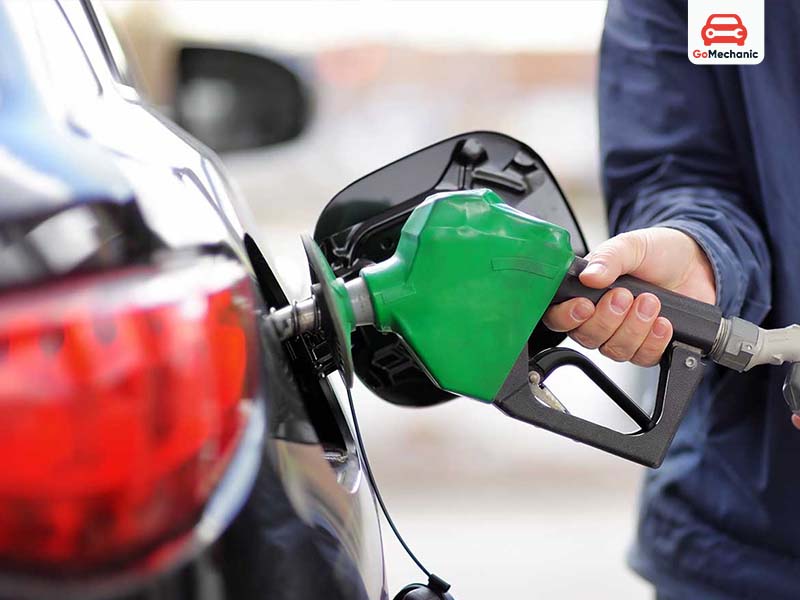
Fuel quality and oil type matter for your car’s performance:
- High-Quality Fuel: Premium fuels with detergents clean injectors and improve mileage, especially in older cars.
- Engine Oil: Use good quality oils to reduce friction. Low-viscosity oils enhance efficiency without compromising protection.
Pro Insight: While premium fuel helps, it’s not always necessary for newer cars designed for regular petrol or diesel.
7. Special Tips for Automatic and Diesel Cars
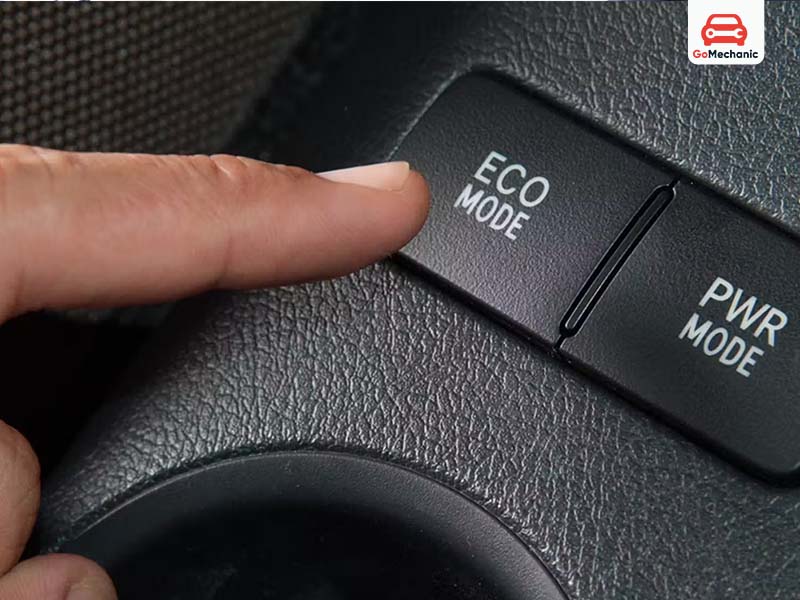
How to Increase Mileage of Automatic Cars:
- Avoid heavy acceleration and let the transmission shift smoothly.
- Use eco-driving modes, if available, to optimize engine and transmission settings.
- Plan routes to reduce stop-and-go traffic, where automatics are less fuel-efficient.
How to Increase the Average of Diesel Cars:
- Warm up the engine briefly before driving in cold weather for better combustion.
- Service oxygen sensors regularly, as faulty ones can drop efficiency by 20%.
- Avoid high RPMs; diesel engines perform best at lower ranges.
Also Read: Choosing the Right Types of Car Transmissions for Indian Roads: A Guide to Performance, Costs
8. Tools and Technology for Mileage Improvement
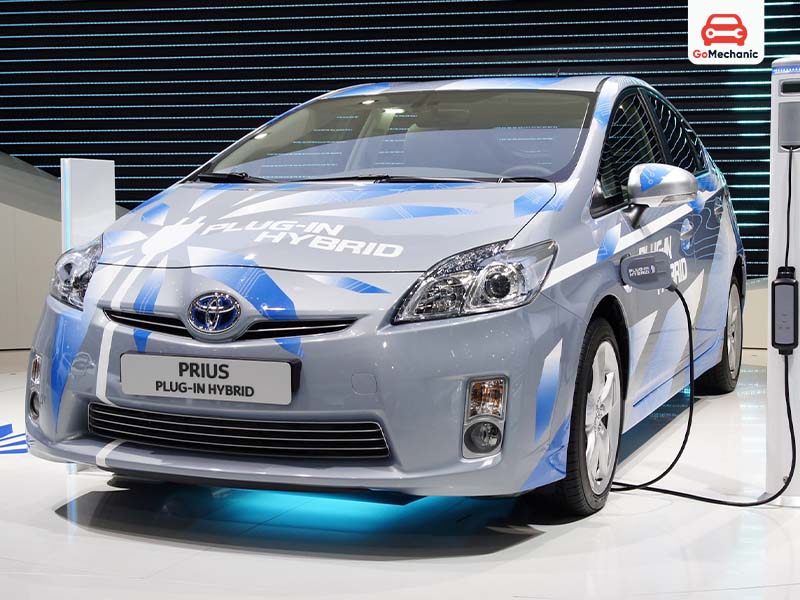
- Mileage Tracking Apps: Apps like Fuelio or Drivvo let you monitor fuel consumption and track improvements over time.
- Car Mileage Increase Devices: Devices like tyre pressure monitors or fuel economisers can optimize performance.
- Hybrid Cars: Consider switching to hybrid or mild-hybrid vehicles with start-stop technology to save fuel in city traffic.
Related: Hybrid vs Plug-In Hybrid Cars: Which One is Better?
Improve the Mileage of Your Car: Boost Your Savings
Improving your car mileage is not a direct process. It involves small steps that will get you results slowly. But by following these tailored tips and strategies, you will gradually reduce your fuel bills and see a positive difference over time.
Start today. Track your mileage, implement these tips, and watch your savings grow!
FAQs
1. How Do I Add More Mileage to My Car?
Combine smooth driving habits, regular maintenance, and lightweight strategies for immediate results.
2. What’s the Best Speed for Mileage in Petrol Cars?
Maintain speeds between 50–70 km/hr for optimal fuel efficiency.
3. Does Premium Fuel Always Improve Mileage?
Not always. It depends on your car’s engine. Newer cars optimised for regular fuel may not benefit significantly.
